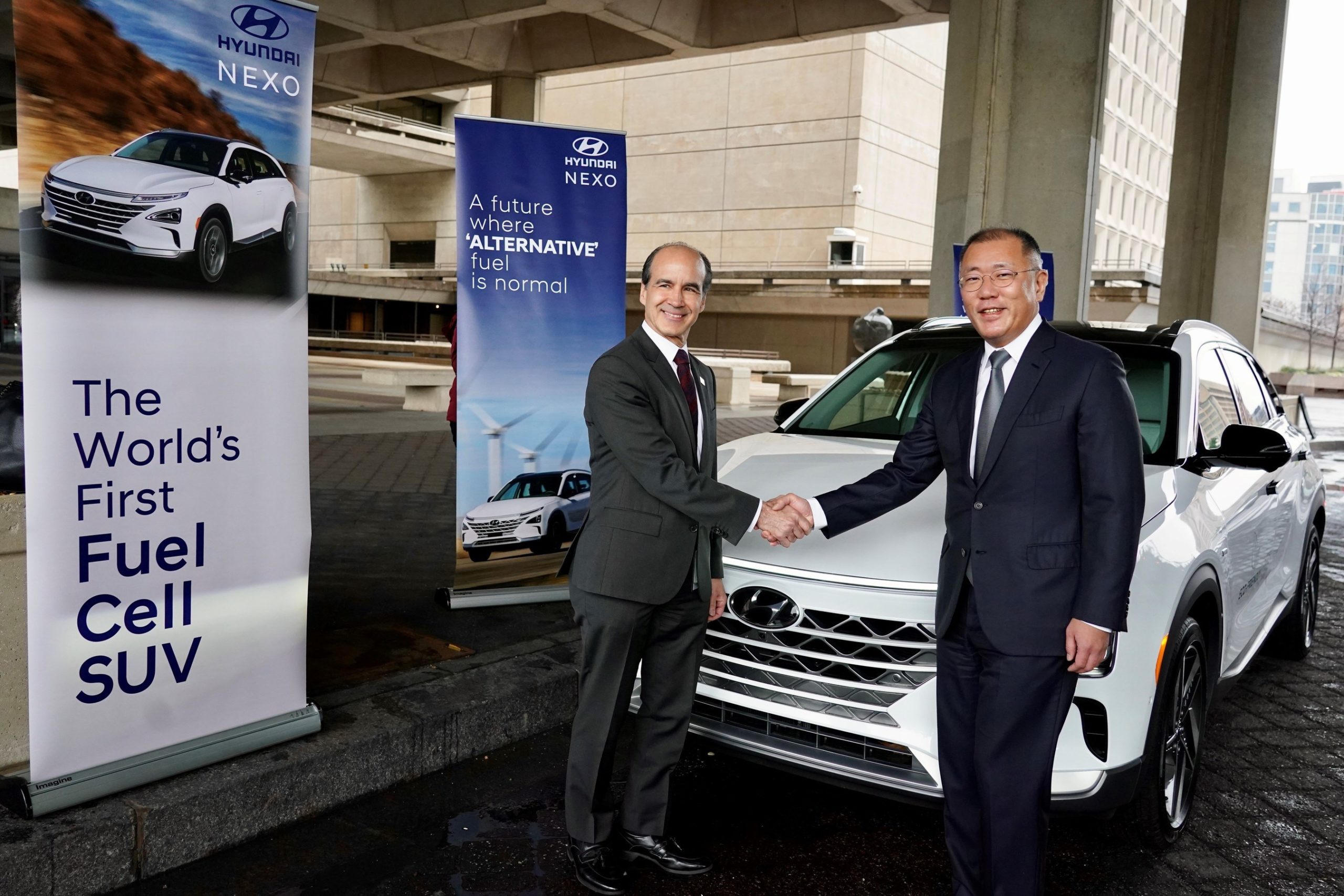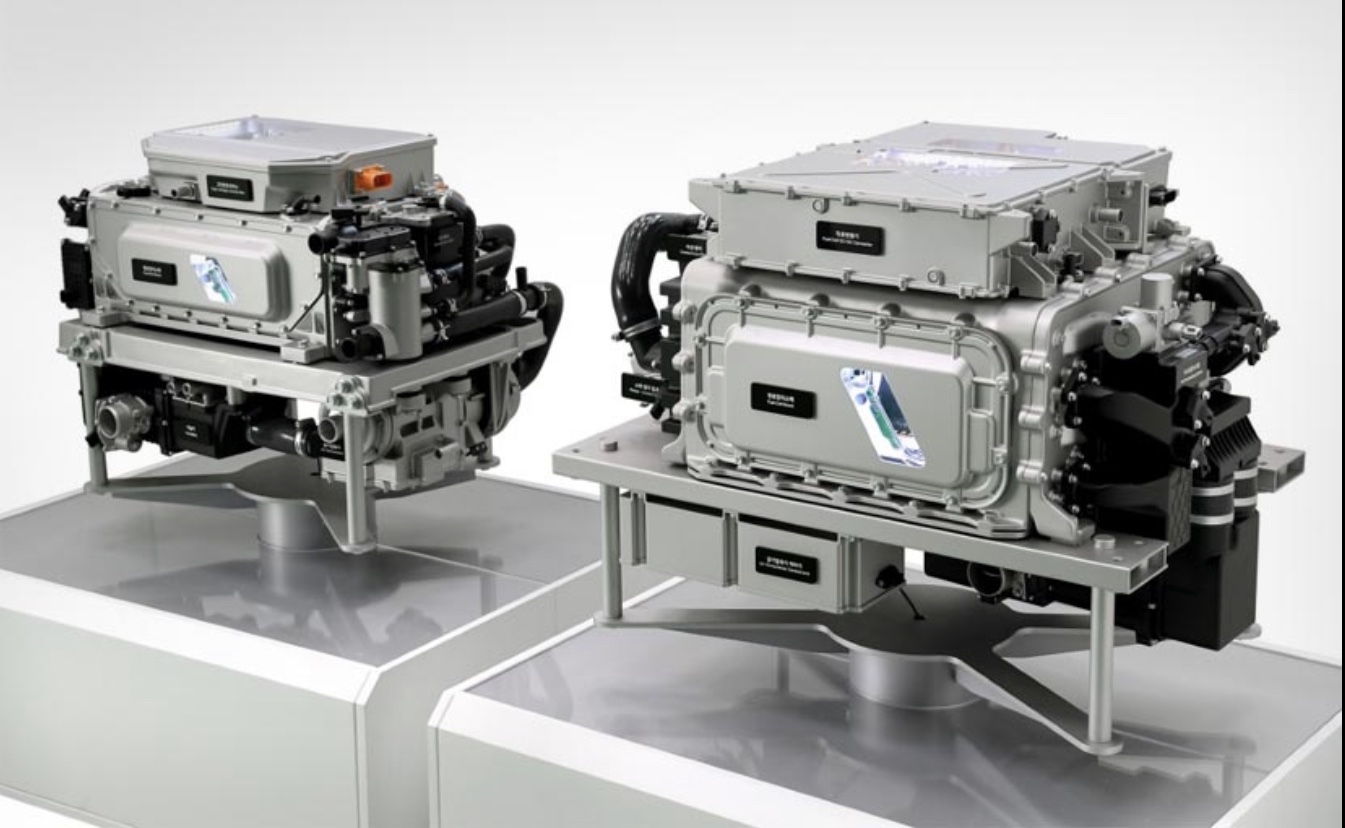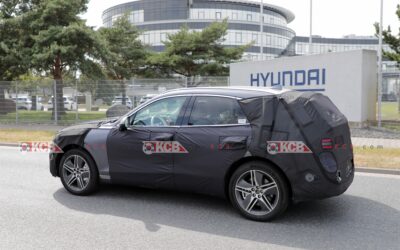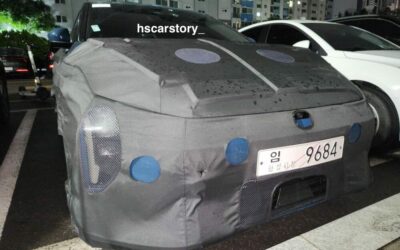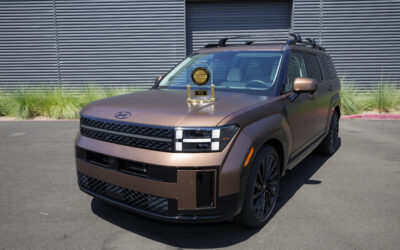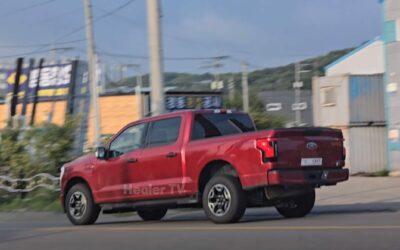According to the report from Chosun, a South Korean newspaper, Hyundai Motor Group has halted the Genesis hydrogen car project, which was under development with the goal of launching in 2025.
Apparently Hyundai arrived to the conclusion that the performance and specification progress of the 3rd-generation hydrogen fuel cell system, fell far short from the original goal. After reaching such that conclusion, Hyundai Motor Group is said to have significantly reduced the role of the fuel cell department through organizational reorganization and personnel management at the end of November.
Hyundai Motor and the South Korean government set the goal of annual production of 130,000 hydrogen cars by 2025 and 80,000 hydrogen cars to be sold by 2022 respectively, in order to achieve a hydrogen society by 2040 but the red light on this hydrogen roadmap has come on. As of November of this year, the cumulative sales of hydrogen cars are a little over 20,000.
Back in September, Hyundai Motor Grouo unveiled its third-generation fuel cell system. Compared to the second-generation, which is currently mounted in the Nexo, the volume was reduced by 30% and the output and durability were increased 2-3 times. The core task of the 3rd generation fuel cell was production cost. Hyundai Motor said it will reduce the price of vehicle fuel cells, which are currently estimated at around 30 million won, by more than 50% by 2025.
However, Hyundai recently discovered that the plan to cut fuel cell production cost is unrealistic. The question mark is attached to the ‘hydrogen car feasibility’ itself to achieve the hydrogen car roadmap. It is known that such audit results were reported to Chairman Chung Eui-sun. In addition, according to the audit results, the Genesis hydrogen vehicle development project, which was under development on the premise of installing a 3rd generation fuel cell, has also been stopped. An official familiar with Hyundai Motor said, “The development of the Genesis hydrogen car has been going on for about a year with the goal of a four-year development period, but it has been stopped due to a problem with the third-generation fuel cell. It is unclear,”.
At the same time, questions are raised about the reality of the government’s hydrogen economy roadmap centered on Hyundai Motor Company. According to the government’s ‘hydrogen economy revitalization roadmap’ announced in 2019, the goal is to sell 81,000 hydrogen cars cumulatively by 2022. However, the domestic and export performance of hydrogen cars is only 21,000 units as of November. The target can be achieved only when about 60,000 units are sold in the next year, or about three times the accumulated sales over the past four years.
The expansion of hydrogen infrastructure for the supply of hydrogen vehicles is also far below the target. The target for the establishment of hydrogen charging stations in South Korea by 2022 was 310, but currently there are only 117 hydrogen charging stations. The current average unit price per kg is 8,430 won ($7,09), and the price of hydrogen must decrease by 28% to drop below 6,000 won ($5,05) in 2022.
It is pointed out that hydrogen-related technology is not yet ripe enough to talk about hydrogen economy and green hydrogen, not just Hyundai Motor’s technological problem. It is pointed out that high-purity hydrogen must be obtained inexpensively in order to expand hydrogen infrastructure and marketability, but it is not possible with current technology. Lee Hang-gu, a research fellow at the Korea Automobile Research Institute, said, “Even Toyota, which has secured hydrogen car technology, predicts the hydrogen car market to be around 3% of the global car market by 2030”.

